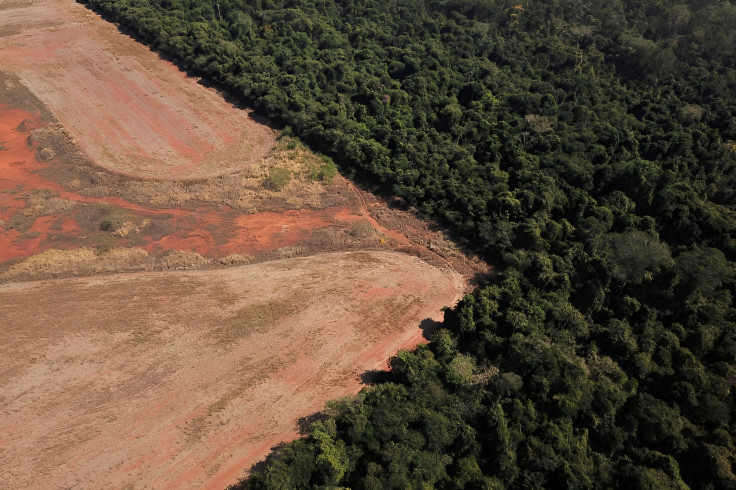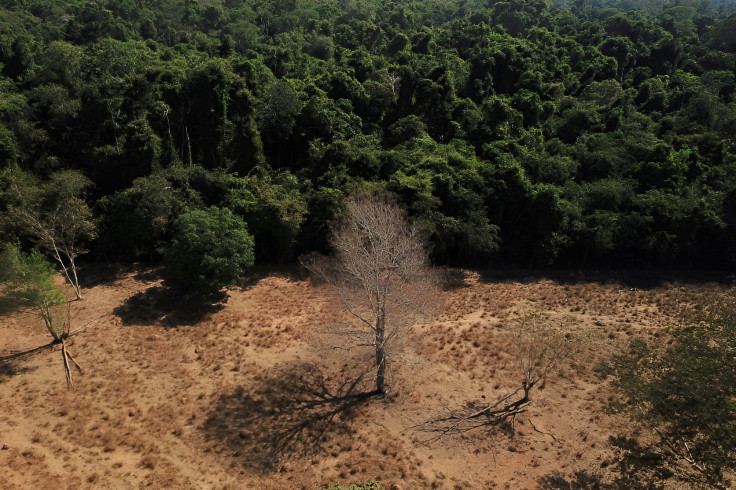
Images of elegantly dressed women walking on the runway are followed by footage of a bulldozer destroying a forest. This is how a video byBritish NGO Earthsight begins, before going on to accuse apparel giants Zara and H&M of being "linked" to large-scale illegal deforestation in Brazil.
In the report"Fashion Crimes: European Retail Giants Linked to Dirty Brazilian Cotton," the environmentalist organization said that both companies bear responsibility for illegal deforestation, land grabbing, and related violence in the South American country.
Earthsight said they spent over a year analyzing satellite images, court rulings, shipment records and going undercover at global trade shows to trace nearly a million tonsof dirty cotton from some of the most notorious estates in Brazil to clothing manufacturers in Asia that are suppliers of the world's two largest fashion retailers.
The NGO claims to have tracked 816,000 tons of cotton grown by two of Brazil's largest agribusinesses – SLC Agrícola and the Horita Group – in the state of Bahia, a part of the precious Cerrado biome, which has been heavily deforested in recent decades to make way for industrial-scale agriculture.
"Unlike in the Amazon, deforestation in the Cerrado is getting worse. The biome is home to five per cent of the world's species. Many face extinction due to habitat loss if current deforestation trends are not reversed," the report highlighted.
"For centuries, traditional communities have lived in harmony with nature. These communities have seen their lands stolen and suffered attacks by greedy agribusinesses serving global cotton markets."

The organization added that they managed to trace all the dirty cotton and showed that producing companies based in Cerrado Brazil sold it to eight Asian firms, which in turn made nearly 250 million items of finished clothing and homeware over twelve months for H&M and/or Zara and its sister brands Bershka and Pull&Bear, among others.
The report underscored that this contradicts H&M and Zara's claims about their supply chains being certified as ethical by the world's largest cotton certification scheme, Better Cotton (BC).

Nearly half of BC used worldwide comes from Brazil, according to the document. It is the preferred type of goods used by these European retail brands, making them by far the biggest BC users.
Better Cotton informed Earthsight that they have "entrusted an independent auditor with the task of conducting reinforced verification visits" following the NGO's report.
Meanwhile, an H&M spokesperson told AFP news agency that "the conclusions of the Earthsight report are very concerning and we take them very seriously."'
Zara owner Inditex, on its end, said: 'We take the accusations against Better Cotton very seriously."
"Failure by the fashion sector to monitor and ensure sustainability and legality in its cotton supply chains means governments in wealthy consumer markets must regulate them. Once in place, rules must be strictly enforced," Earthsight said in a statement..
© 2025 Latin Times. All rights reserved. Do not reproduce without permission.






